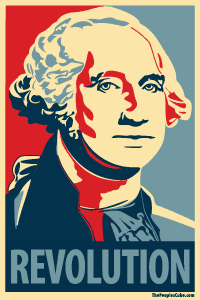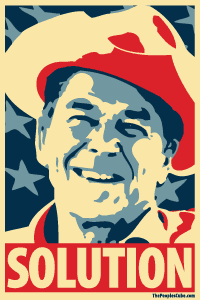By Victor Davis Hanson | June 11, 2012 | PJ Media
Two parties, left and right, are central to good consensual government — one the perennial check on the other, both within the general boundaries of constitutional free-market capitalism.
Yet the hard-Left takeover of the Democratic Party has meant that there is no longer a credible balance in our system, as almost all the tenets of contemporary left-wing ideology are blowing up, imploding super nova style — unsustainable ideas that are contrary to human nature and demand coercion for their implementation, given that they are increasingly anti-democratic and have to be implemented from high by an elite technocracy whether in Brussels, Sacramento, or Washington.
Far too much is always seen as not enough: Greeks are angry that there was too much “austerity” and not enough of the old borrow and spend; Obama is blamed for only borrowing $5 trillion for too “little” stimulus; Democrats threaten to withhold from the community-organizer Obama because he was not hard enough on “fat cats” and the capitalist state; in California, a 10.3% income tax is too low, not too high. When the remedy is seen worse than the disease, then the patient is indeed terminal.
Let me do a brief survey of the fissuring liberal world in which we live:














